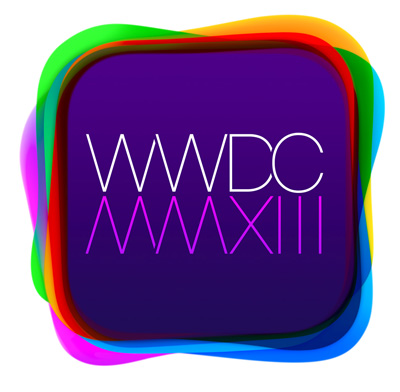After selling out in 2 minutes, it's time to re-think WWDC

Tickets to Apple's annual Worldwide Developers Conference (WWDC) never sold out until 2008. Let's take a look back.

In 2009, tickets sold out in one month
In 2010, tickets sold out in eight days
In 2011, tickets sold out in 12 hours
In 2012, tickets sold out in 2 hours
In 2013, tickets sold out in 2 minutes.
By extension, 2014 WWDC tickets will probably sell out in 2 seconds. And you'll probably need to write a very clever script to actually procure tickets.
But when does WWDC turn from an event designed to help developers into a total farce? Some think that it's already happened. Red Sweater Software's Daniel Jalkut thinks that WWDC is "flat-out busted" and should end.
Some think that the size of the show should be increased, but at some point, the teacher to student ratio gets too diluted and its value is diminished. Cupertino, California, promotes the ability to "connect with Apple engineers" as a key benefit of attending WWDC, but it only has a finite amount of said engineers.
It has also been suggested that Apple increase the already astronomical ticket price beyond the current $1,600 level. While this might slow orders, it will have the side effect of turning WWDC into an even more elite event attended by only the most well-funded developers.
One solution is to offer tickets via a lottery system, where a "ticket request period" is opened for a week, and any registered developer can request a ticket by entering their complete billing information. After the window closes, an algorithm picks 5,000 developers at random and charges their card. Tickets could be requested exclusively from a special iOS app, just for the fun of it.
Apple could also prioritize tickets by seniority (the length of time you've been a registered developer), popularity (number of downloads of your apps), or success (based on gross sales). Or it could require requestors to solve a programming problem to prove that they're a developer.
Once tickets eventually sell out, Apple should webcast the keynote and the sessions. While Apple probably wouldn't give it away for free, it wouldn't be too difficult to sell a "stream package" at a discount to registered developers who could tune in from their home or office. Apple could even require an Apple device to view the stream like it did with its 2012 launch of the iPad mini.
Apple always posts the videos after the event, but the company needs to find a better and more efficient way to bring the content to its developers. Clearly the demand is there.